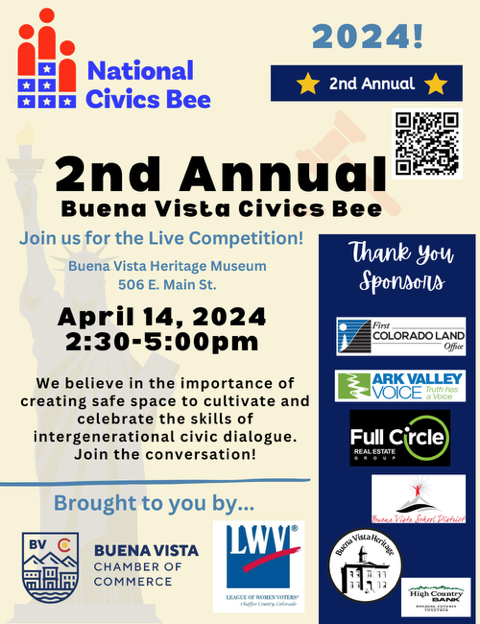JW Wilder looked out at a crowd of more than 125 people, most of whom were young rafting guides, and asked, “Anybody out there scared yet?”
“Of course you are!” he answered for them.
Outside the Salida Scout Hut, the river was flowing at levels rarely seen in early June. A huge mountain snowpack promised an exciting and risky boating season. Wilder, a whitewater sports pioneer and former river ranger for the Arkansas Headwaters Recreation Area (AHRA), was giving the keynote speech at the June 7 Headwaters Institute, a day of education for first-year guides.

Wilder said he wanted the rookie guides to understand just how rare their opportunity was this season—and how seriously they should take their guests’ safety. “You’re going to be sharing joy and fear with your guests, taking them into the flow zone, going down the river and solving problems as you go,” said Wilder. “Learn your guiding craft well because you’re ultimately responsible for everyone’s safety.”
And he also urged them to inspire their guests to understand, respect and care for the river and the valley’s natural resources. “You have a unique ability and opportunity to impact your guests’ perception and appreciation of wild places and wild rivers,” he said. “Enlist them in loving and protecting the wild.”
Indeed, says the Greater Arkansas River Nature Association (GARNA) Executive Director Dominique Naccarato, that was the purpose of the event, which has been held annually for 21 years. “We sponsor it to educate the raft guides about the natural resources in the valley so they can educate their guests with accurate information and share important messages around topics such as wildfire safety.”
GARNA is the event’s main sponsor. Other event sponsors include the Arkansas River Outfitters Association (AROA) and the Arkansas Headwaters Recreation Area (AHRA).
In workshops held throughout the day, guides learned about topics ranging from fire bans and wildfire ecology to the geology of the basin, from fish lifecycles to the habits of badgers and hawks. Naccarato said this year’s attendance of 130, including a few non-guides (like this reporter), was the largest ever. It also included a new emphasis on the region’s agricultural heritage, with a speech by Abby Hutchinson, whose family has been ranching in the valley since 1867.
Hutchinson struck a chord with many of the guides when she said she managed her family ranch on her own. “I don’t need to be a man … to do that,” she said, to loud cheers.
In order to practice what she called “responsible and pragmatic grazing,” Hutchinson and her hands move cattle periodically from one pasture to another. She says these are the occasions when encounters with mountain bikes or hiking groups can cause problems. “If we’re coming down with 30 or 100 head of cattle and we run into 10 or 15 bikers, the cattle spread into the willows and the creeks and that makes our work a lot harder.”
“Tell your people,” she urged the guides, “that if you come across some ranchers driving cattle … [please] respect us and step aside.”
Rosemary Schiano, wildlife field biologist and tracker, presenting at The Wildlife and Wilderness Education Project on June 7.
U.S. Forest Service Mountain zone fire management officer Chris Naccarato sought to persuade guides to make wildfire safety a frequent topic of conversation with guests. He reported that in 2017, 502 human-caused fires in Colorado burned 358,000 acres, with campfires being the main culprit.
“A lot of people don’t know how to put out a fire,” he said, giving tips such as using the back of one’s hand to feel for heat and learning how to distinguish steam (which dissipates a few feet above ground) from smoke (which wisps higher).
One backpacking guide told the Voice that she particularly welcomed the information about campfires. “I enjoyed learning about the fires and the impact that campfires can have,” said Marah Barnhart, who works for Noah’s Ark Whitewater Rafting and Adventure Co. “I’ll be actively showing guests how to put out a fire every time we go out.”
Special to Ark Valley Voice by Jim Hight.
For more information about the Headwater Institute sponsors:
www.arkansasriveroutfitters.org
www.cpw.state.co.us/placestogo/parks/ArkansasHeadwatersRecreationArea








Recent Comments